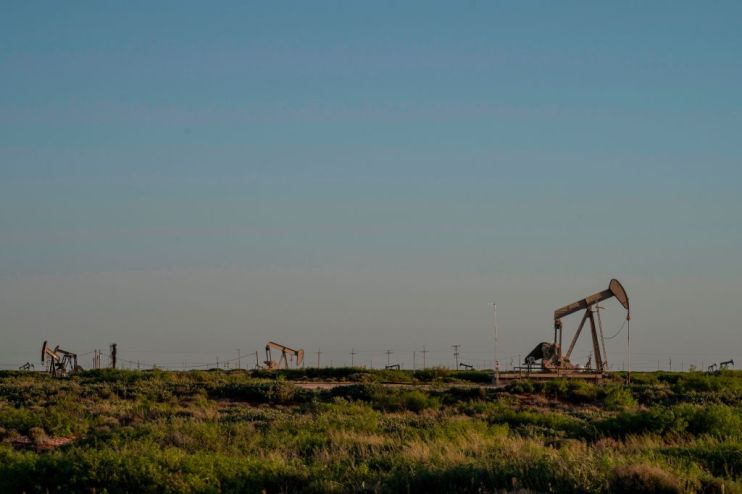Oil prices fall on fears of production boost amid surge in Covid-19 cases

Global oil prices dropped sharply this morning amid fears of a ramp in production even as governments implement more stringent restrictions to cope with a surge in coronavirus cases.
Worldwide standard Brent crude shed 2.4 per cent to fall to $40.76, while American benchmark West Texas Intermediate dropped 2.6 per cent to stand at $38.78.
Over the weekend, a ceasefire between warring factions in Libya meant that the North Africa country’s oil board said that output would increase to 1m barrels a day within a month.
Prior to the ceasefire, Libya had been producing 500,000 barrels a day, but any increase could challenge production cartel Opec’s attempts to control output to keep prices stable.
At the same time, rising numbers of new coronavirus infections have seen some governments implement new restrictions on mobility, such as Italy and Spain.
Before the Open newsletter: Start your day with the City View podcast and key market data
In the US, a new record number of cases were reported, while in France 50,000 new cases were recorded.
Rystad Energy’s head of oil markets Bjornar Tonhaugen said: “It’s a dark Monday in the oil market. Traders are finally pricing in Covid-19’s second wave, as the pandemic’s infections break daily records in many countries across the globe.
“Waiting for a potential vaccine sometime next year won’t save oil demand in the near term, and the market is increasingly scared.”
Stephen Innes, chief global market strategist at Axi, said that the combination of rising production and more cases posed a serious threat to price stability.
“At this stage of the oil demand recovery cycle, waning global demand due to Covid-19’s 2nd and 3rd wave mobility restrictions and more barrel coming to market due to Libya lifting the force majeure is unequivocally the most toxic elixir for oil markets to kick off a new week”, he said.
The increase in output will pour pressure onto Opec and allies such as Russia, who have agreed to lift production by 2m barrels a day in January.
“Opec+ (as the wider grouping is known) must not be careless and have to address the issue of the extra barrels appearing in the market, otherwise the days of relatively stable oil prices will be numbered,” said oil broker PVM’s Tamas Varga.
Last week Russian President Vladimir Putin indicated that he might agree to extending production restrictions in order to protect the market.